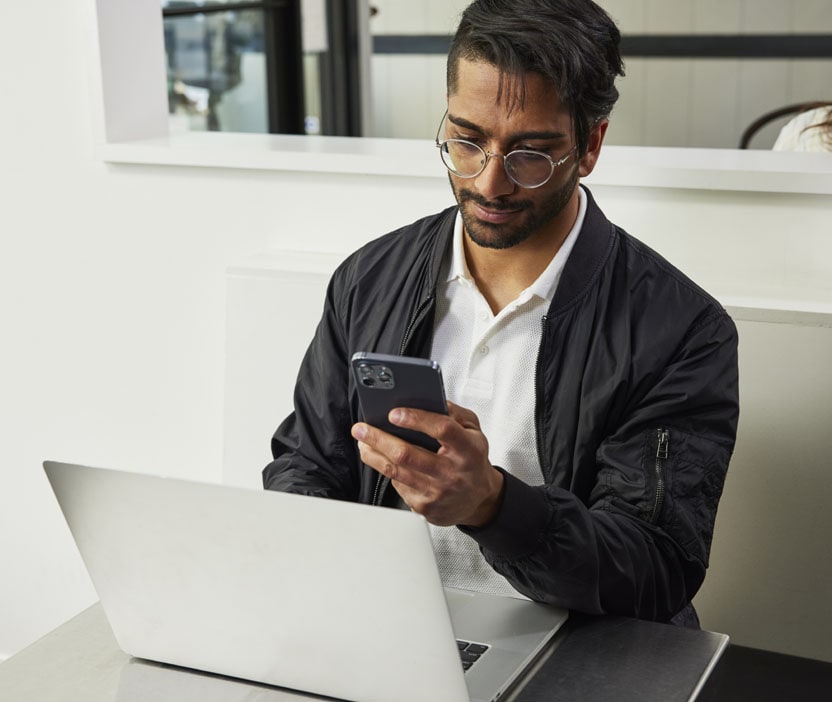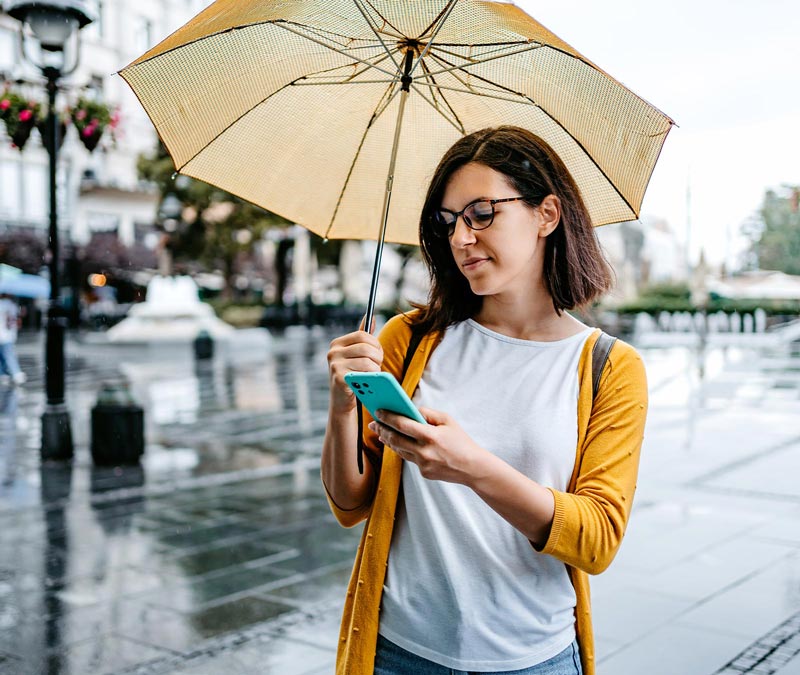Privacy vs. security: Are they the same?
Privacy vs. security: what’s the difference? Here’s what you need to know.

When it comes to privacy vs. security, it’s a good idea to have both. Each may impact your digital health. But what’s the difference?
Privacy and security are related. Privacy relates to rights you have to control your personal information and how it’s used.
Security, on the other hand, refers to how your personal information is protected. Your data — different details about you — may live in a lot of places. That may challenge both your privacy and your security.
Some people regard privacy and security as pretty much the same thing. That’s because the two sometimes overlap in a connected world. But they aren’t the same and knowing how they differ may help you to protect yourself in an increasingly connected world.
What’s the difference between privacy and security?
Here’s an example. You might share personal information with your bank when you open a checking account. What happens after that? Here are three possible outcomes, all related to your personal information (not to the money you may have deposited in the checking account).
- Your privacy and security are maintained. The bank uses your information to open your account and provide you products and services. They go on to protect that data.
- Your privacy is compromised, and your security is maintained. A brand sells some of your information to a marketer. (You may have agreed to this in the websites privacy disclosure) The result? Your personal information is in more hands than you may have wanted.
- Both your privacy and security are compromised. The bank gets hit by a data breach. Cybercriminals penetrate a bank database, a security compromise. Your information is exposed and could be sold on the dark web. Your privacy is gone. You could become the victim of cyber fraud or identity theft.
It would be great if your risks began and ended with that theoretical bank. But your personal information is likely all over the connected world — in government offices, at healthcare providers, at stores and restaurants, and in many of your online accounts. You might say it’s everywhere — not literally, but it’s certainly in enough places that it may be out of your control.
If a cybercriminal accesses that information, it could be off to the races. Your privacy and security could both get compromised.
What’s the difference between privacy and security in computer terms?
Cyber security products can help protect your privacy and security — sometimes at the same time.
For instance, consider using a VPN — a virtual private network. It’s a security product that acts like a tunnel for your information and your activity on the internet, encrypting the data that you send or receive on your device. It’s like an online version of sitting with your back to a wall when you don’t want someone else to see what you’re doing on your computer or mobile device when you’re at a café or airport.
A VPN helps you win in two ways:
- Privacy: It helps to prevent websites, internet browsers, media companies, and internet service providers from tracking your information and your browser history.
- Security: It helps protect you from others accessing your personal information and other sensitive data you access online.
Tips for protecting your privacy and security
It’s smart to do business with companies and organizations that value your privacy and take measures to protect your personal information. But there are things you can do, too, to help protect your privacy and boost your security.
Here are some examples:
- Limit what you share on social media and online in general.
- Shred important documents before tossing them in the trash.
- Safeguard your data and devices. This might include enlisting the help of computer virus protection and Wi-Fi protection.
- Understand how the information you’re giving away could be used. Read an organization’s privacy policy before signing up for an app or service. Remember, if the app or service is free, the company may make its money by selling your data.
How long do I have to think about privacy and security?
Privacy vs. security will remain a hot topic. Why? Because your information will likely pop up in more and more places.
Your world is getting more connected, not less, and your information has value. People may try to profit from it in legal and illegal ways.
The best advice about privacy vs. security: Take care of both.
Editorial note: Our articles provide educational information for you. Our offerings may not cover or protect against every type of crime, fraud, or threat we write about. Our goal is to increase awareness about Cyber Safety. Please review complete Terms during enrollment or setup. Remember that no one can prevent all identity theft or cybercrime, and that LifeLock does not monitor all transactions at all businesses. The Norton and LifeLock brands are part of Gen Digital Inc.





Want more?
Follow us for all the latest news, tips, and updates.